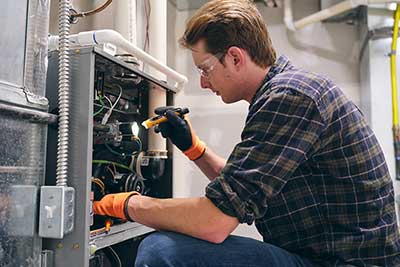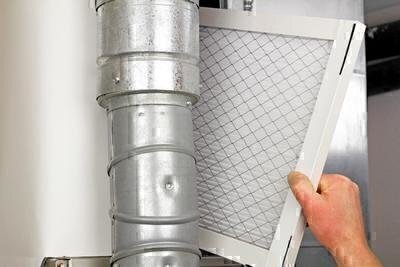Our surveys of local consumers turned up dozens of excellent HVAC services. But not all contractors are cool characters: Several others received poor overall ratings from their surveyed customers.
We also found huge price differences. For example, to replace the ignitor for a Trane gas furnace, our undercover shoppers were quoted prices ranging from $250 to $485. To replace the dual-run capacitor for a central air conditioner, prices ranged from $195 to $400.
For new equipment, to avoid overspending get written proposals from at least three pros—some companies charge thousands more than others for the same install.
Want to install central air conditioning or replace an old AC unit? Consider a heat pump instead. These devices are basically air conditioners that can both heat and cool buildings. New models are extremely energy efficient and quiet. Massachusetts is pouring money into electrification incentives, hoping households will switch to heat pumps for all or most of their heating and cooling needs. Incredibly generous rebates are available through the Mass Save program to households willing to get rid of their furnaces.
If you need a new furnace and don’t want to switch to a heat pump, you’ll have to decide whether to pay extra for more energy-efficient equipment; for example, a highly efficient 98 AFUE furnace costs about $1,500 more than an 80 AFUE model. But you’ll recoup the extra cost quickly via lower energy bills. Homeowners who switch from oil- to gas-burning furnaces will see dramatic savings.
Don’t spend thousands of dollars upgrading to energy-efficient HVAC equipment without taking other steps to reduce waste. In our “Saving Energy at Home” section we detail 30 ways to cut usage. Many improvements cost little or nothing but will have big effects on your utility bills.
For installation contracts, get performance guarantees specifying how warm or cool the equipment will keep your house, and how uniform the temperature will be inside when outside temperatures reach a specified level. Be sure your contract clearly states the company’s responsibilities on issues like providing an electrical supply and hooking up your equipment to the electrical panel; providing drainage for condensate; enclosing ductwork; and painting and patching holes.







